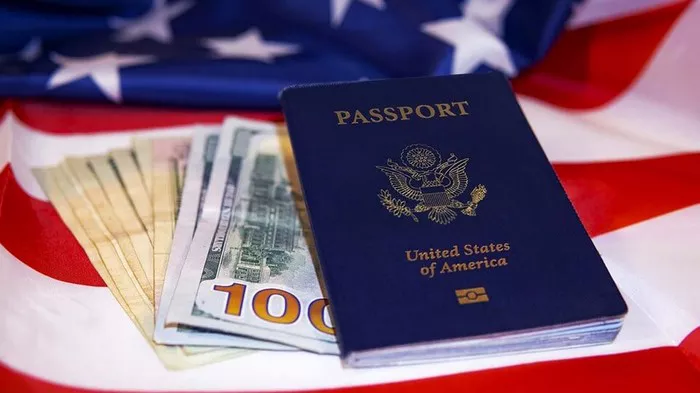Obtaining a green card, also known as lawful permanent residency in the United States, is a significant milestone for many immigrants. However, maintaining this status requires periodic renewal, a process that can sometimes be fraught with delays and uncertainties. In this article, we delve into the complexities of green card renewal, exploring the reasons behind delays, the challenges applicants face, and potential solutions to expedite the process.
The Importance of Green Card Renewal
A green card serves as proof of an individual’s legal permanent residency in the United States. It grants holders the right to live and work permanently in the country, providing a pathway to citizenship in the long term. Green cards typically need renewal every 10 years to ensure that the holder’s status remains current and valid.
Timeline and Processing of Green Card Renewal Applications
The renewal process involves submitting Form I-90, Application to Replace Permanent Resident Card, to the U.S. Citizenship and Immigration Services (USCIS). Ideally, applicants should begin the renewal process at least six months before their current green card expires to avoid any gaps in lawful residency status.
Once the application is submitted, USCIS undertakes a series of steps to process it, including biometric screening (fingerprinting), background checks, and potentially an interview. The timeline for processing can vary widely depending on various factors, including USCIS workload, the applicant’s immigration history, and any issues that may arise during the review process.
Common Reasons for Delays in Green Card Renewal
Despite the USCIS guidelines for processing times, delays in green card renewals are not uncommon. Several factors contribute to these delays, including:
Increased USCIS Workload: USCIS processes millions of immigration-related applications each year, leading to backlog and delays in processing times.
Incomplete Documentation: Missing or incomplete documentation can halt the processing of an application until all required materials are submitted.
Requests for Additional Evidence: USCIS may request additional evidence to support an application, such as proof of residency or employment, which can prolong processing times.
Background Checks and Security Clearance: Delays can occur if an applicant’s background check raises concerns or requires further investigation.
Policy Changes and Administrative Issues: Changes in immigration policies or internal USCIS procedures can impact processing times unpredictably.
SEE ALSO: WHAT IS RETROGRESSION IN GREEN CARD PROCESSING?
Challenges Faced by Applicants
The green card renewal process can be stressful and challenging for applicants, particularly when faced with unexpected delays. Some common challenges include:
Legal Status During Processing: Applicants may experience anxiety about their legal status in the U.S. while waiting for their green card renewal to be approved.
Travel Restrictions: Expired green cards can restrict international travel, causing inconvenience or disruption to personal or professional plans.
Work Authorization Issues: Some employers require valid proof of residency for employment, and an expired green card can complicate an applicant’s ability to work legally.
Family and Personal Impact: Delayed renewals can affect family reunification plans and personal well-being, adding emotional stress to an already complex process.
Strategies to Expedite the Green Card Renewal Process
While delays in green card renewals can be frustrating, applicants can take proactive steps to potentially expedite the process:
File Early: Submitting the renewal application well in advance of the expiration date can help mitigate delays caused by processing times.
Complete Documentation: Ensure all required documentation is included with the initial application to minimize requests for additional evidence.
Respond Promptly to Requests: If USCIS requests additional evidence or information, respond promptly and thoroughly to avoid further delays.
Consider Premium Processing: In some cases, USCIS offers premium processing services for certain immigration applications, which guarantees faster processing times for an additional fee.
Seek Legal Assistance: Consulting with an immigration attorney can provide guidance on navigating the renewal process, addressing potential issues, and advocating for timely processing.
Conclusion
The green card renewal process is a crucial aspect of maintaining lawful permanent residency in the United States. While delays can occur due to various factors, understanding the process, preparing thoroughly, and staying informed can help applicants navigate challenges more effectively. By taking proactive steps and seeking appropriate guidance when needed, applicants can optimize their chances of a smooth and timely renewal process, ensuring continued legal status and peace of mind in their residency in the United States.


